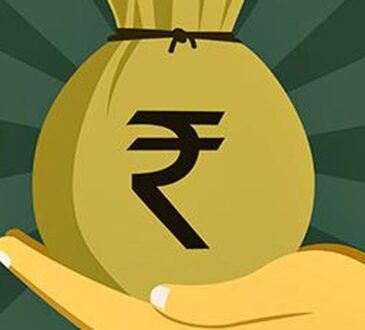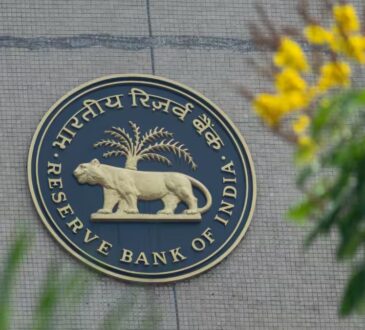India rates recover slightly from 22-month low
In Vietnam, demand from buyers hasn’t picked up, trader says
Bangladesh begins purchasing 1.7 million tons of rice from local farmers
April 24 (Reuters) – Prices of rice shipped from India and Thailand edged higher this week, aided by currency fluctuations, although gains were capped by subdued demand, while Vietnamese rates were little changed.
Indian rice prices recovered from a 22-month-low, with the 5% broken parboiled variety
being quoted at $389-$396 per metric ton, up from the last week’s $388-$394. Prices were helped as the Indian rupee rose slightly versus the U.S. dollar.
Indian 5% broken white rice was priced at $382-$388 per metric ton this week.
Buyers from Africa “are on the sidelines. They are trying to clear high cost imports made a few months back,” said a Kolkata based exporter.
India’s state reserves of rice, including unmilled paddy, totalled a record 63.09 million tons as of April 1, far exceeding the government’s target of 13.6 million tons.
Meanwhile, Thailand’s 5% broken rice
rose to $410 per ton up from $405 quoted last week due to exchange rates.
Price rose due to currency rates, said a Bangkok-based trader.
However, “demand has been very very quiet. It’s worrying,” the trader said, adding that supply this year has been very good, but the problem was with orders.
Vietnam’s 5% broken rice
was offered at $395 per metric ton on Thursday, little changed from $396 a week ago, according to Vietnam Food Association.
“Demand from buyers hasn’t picked up,” a trader based in Ho Chi Minh City said, adding that domestic supplies are low.
Traders said the government will buy 220,000 tons of rice by the end of June for national reserve.
Elsewhere, Bangladesh has begun purchasing 1.7 million tons of rice from local farmers during the current harvesting season to boost its reserves, according to officials from the Food Ministry.
Bangladesh, the world’s third largest rice producer, is grappling with rising domestic rice prices, which are putting growing pressure on consumers. (Reporting by Anjana Anil in Bengaluru, Rajendra Jadhav in Mumbai, Chayut Setboonsarng in Bangkok, Khanh Vu in Hanoi and Ruma Paul in Dhaka; Editing by Sahal Muhammed)




